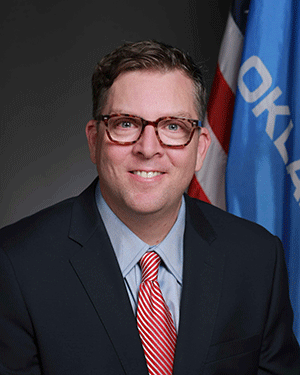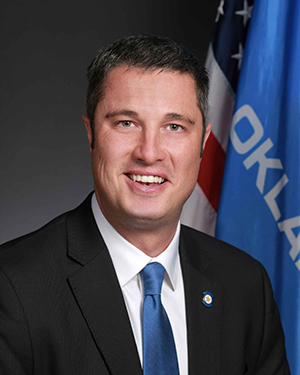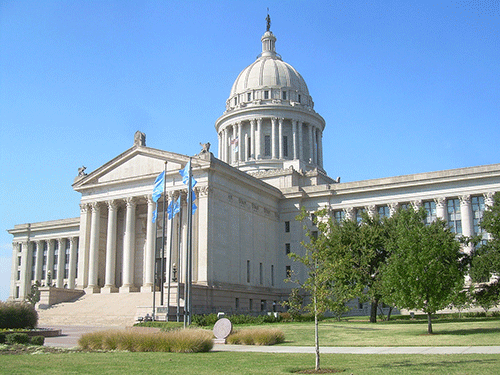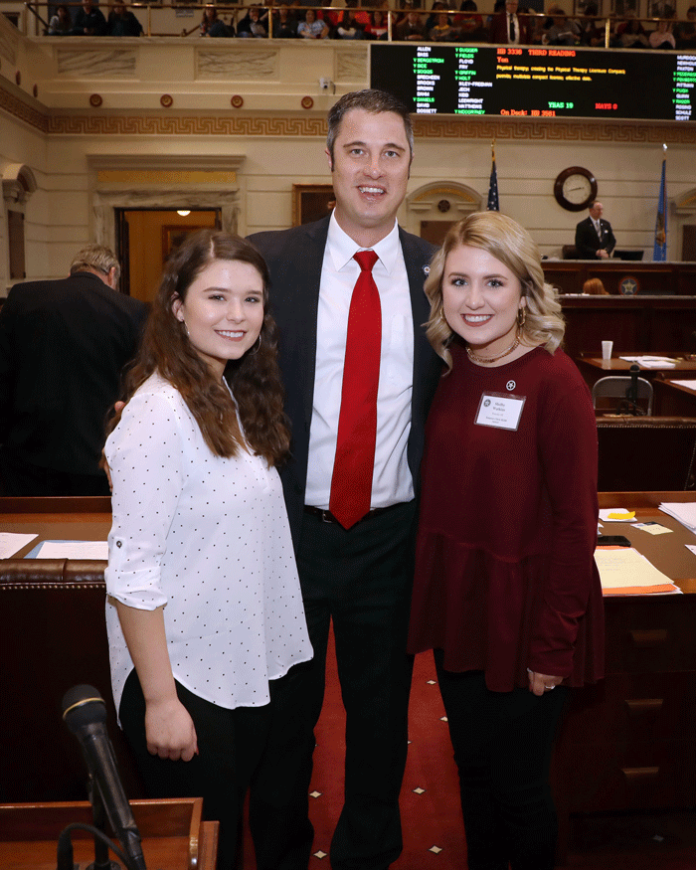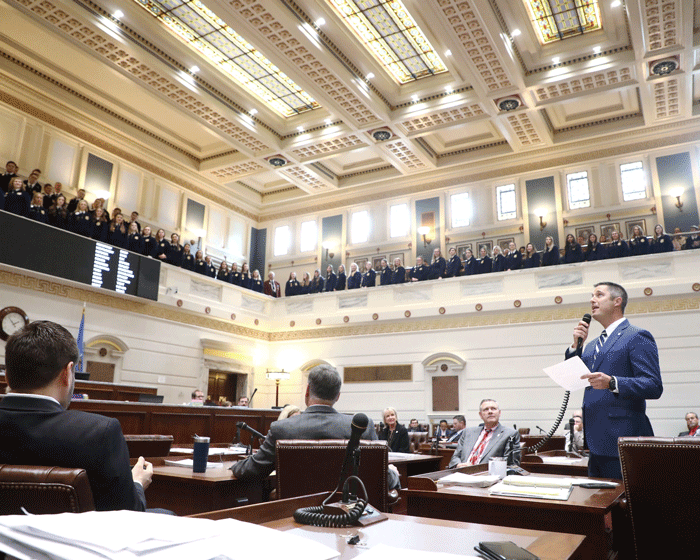Waurika, OK- Current State Senator and former public school teacher, Chris Kidd, is proud to announce his re-election campaign for Senate District 31.
“We’ve had a great four years and I can’t tell you how proud I am to have served the hard-working and generous people of this community,” says Kidd. “I took every opportunity to stand up for our values, find real solutions to everyday problems, and I’m ready to keep fighting.”
Chris grew up on his family farm, where he is still involved in the day to day operations, and understands that agriculture is the backbone of our rural communities. “As your State Senator, I believe we must stand up for our rural communities for them to thrive. This includes increased support for our farms, public school systems, and rural healthcare needs.”
Senator Kidd has also been an outspoken advocate for law enforcement and first responders, authoring legislation to provide them with the needed resources to keep our communities safe.
While in the State Senate, Chris served on the Appropriations Subcommittee on Education as the Vice-Chair, in addition to the Education Committee, Agriculture and Wildlife, Veterans and Military Affairs, and Committee Membership. He has proven he is dedicated to finding ways to move our state forward.
“I’m looking forward to earning the vote of my constituents once again. It has been an honor to serve each of you and I look forward to the work we can continue to do on behalf of Senate District 31 and Southwest Oklahoma.”
Chris Kidd married his wife Linsdey in 2019 and is grateful to his family for their continued support as he launches his re-election campaign.



